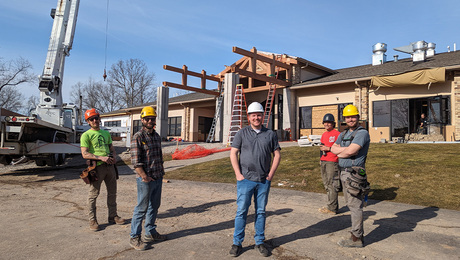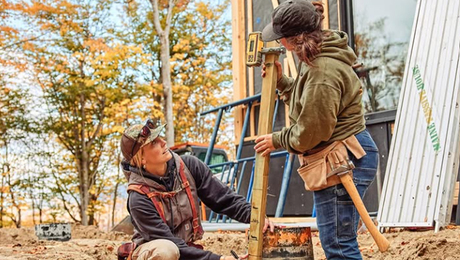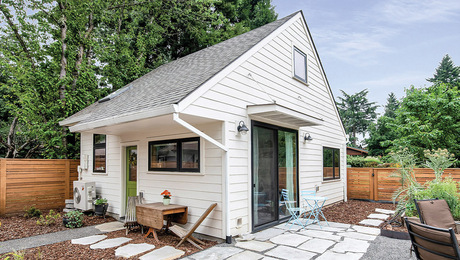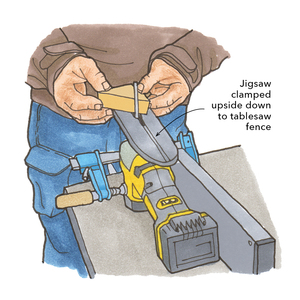
We are all familiar with the extraordinary success stories of Silicon Valley, the stuff of major motion pictures such as The Social Network (about the founding of Facebook) and Jobs (the story of the hugely successful Steve Jobs, Apple’s founder). But the buzz in Silicon Valley nowadays is not about the unique stories of outsize success; rather, it’s about the many stories of common failure. In this, the building industry could learn from Silicon Valley.
Over the last eight years, more than 141 large builders have gone bust, according to The Homebuilder Implode Meter, a site that tracks homebuilder failures. Countless small operations have also suffered or closed. Each and every one had a story, yet in searching Amazon, I found only one book describing the experience, Broke, But Not Broken, an autobiographical account of one Phoenix homebuilder’s collapse.
Meanwhile, Silicon Valley unabashedly celebrates its many failures in books such as In the Valley of Digital Dreams and Down and Out in Silicon Valley, and in an abundance of blogs. CB Insights, an information-services website that creates blog anthologies by topic, lists “101 Startup Failure Post Mortems,” all of which are tech companies.
Silicon Valley even hosts an annual conference called FailCon, featured recently in a New York Times article, that focuses on the lessons learned through startup failures and on how to prepare yourself and your business for this eventuality. Silicon Valley regards failure as overture, and perhaps even a prerequisite for success.
Given the number of developers and construction companies that went out of business during the Great Recession, you would think our industry would follow suit with workshops on how to prepare for and best handle failure. After all, home building is the second-most failure-prone business after mechanical contractors, with 53% of companies failing within five years. But even within our industry, failures understood become learning experiences, and success often follows. This is the basis of the popular saying that millionaires go broke three times before succeeding.
But when failure goes hidden and ignored, through stigmatization and pride, then failure represents more than a painful experience for the owner; it represents a wasted opportunity. Ask anyone who has gone through a major meltdown, and you will hear two themes repeated: I learned more on the way down than on the way up, and the comeback was quicker and easier than I ever expected.
Fine Homebuilding published an anonymous blog on one builder’s failure, How I Wrecked My Business, Screwed My Friends, and Almost Destroyed My Marriage, which became one of its most popular posts, with many readers responding. The idea was to publish the blog anonymously so that others would come forth and Fine Homebuilding would have its own treasure-trove of hard-won lessons in business management.
In the weeks that follow, I will interview some builders who failed in the recession, to see what they learned and how they recovered. If you’re starting your business, or expanding and want to get it right the first time, I highly recommend focusing on the stories of failure as well as success. Knowing what to avoid, and how to read the tea leaves well ahead of major catastrophe can safeguard your business and mitigate the damage. Perhaps more important, removing the stigma associated with failure will allow you to look at an oncoming train without fear. Should the collision be inevitable, you will be able to minimize the damage and get back on your feet right away.
Fine Homebuilding Recommended Products
Fine Homebuilding receives a commission for items purchased through links on this site, including Amazon Associates and other affiliate advertising programs.

Reliable Crimp Connectors

Affordable IR Camera

8067 All-Weather Flashing Tape


























